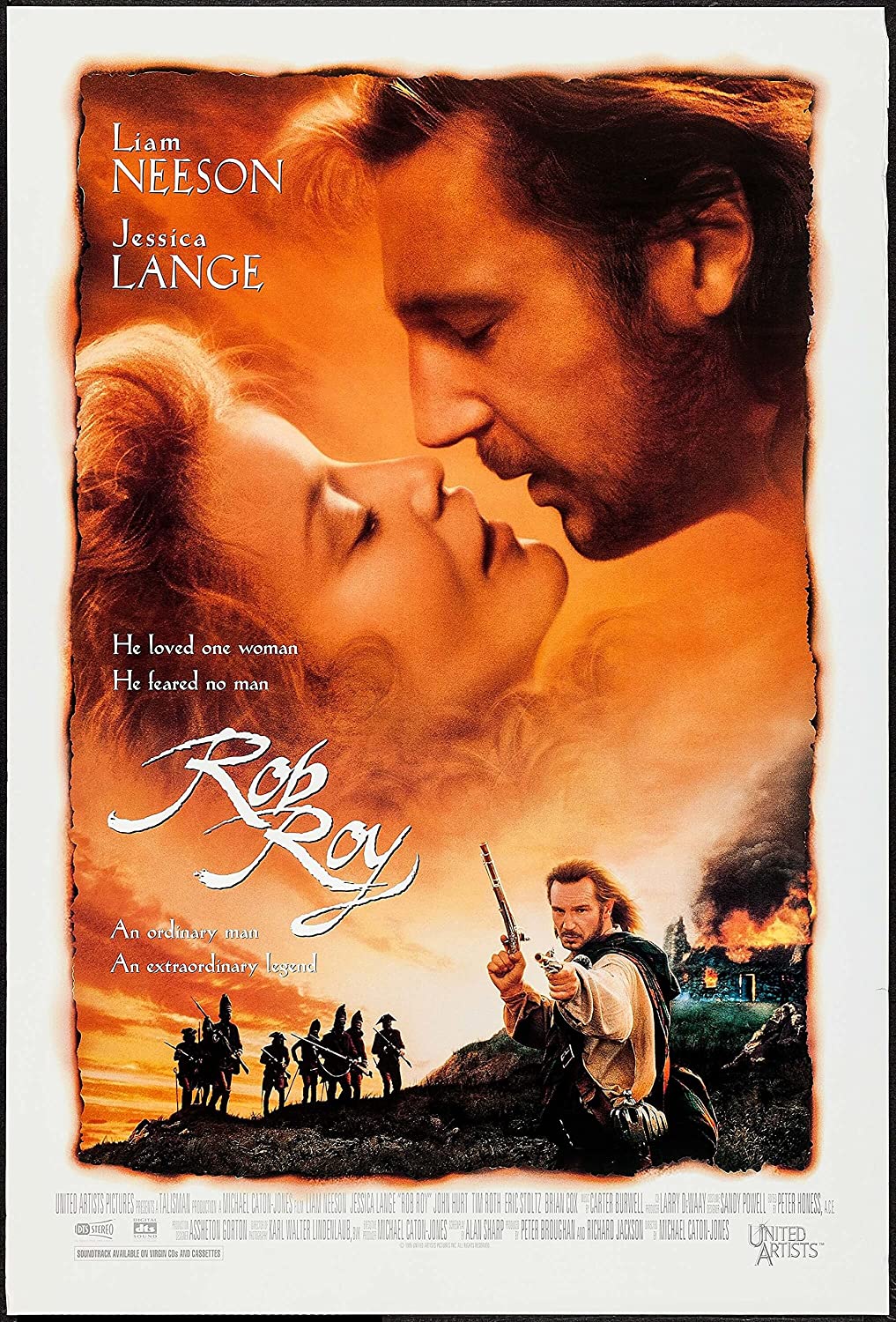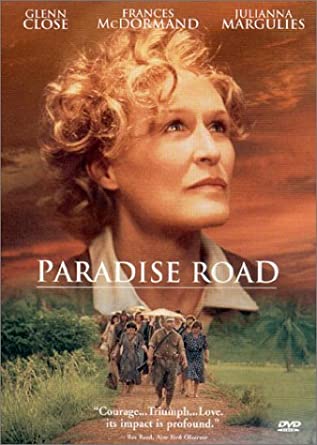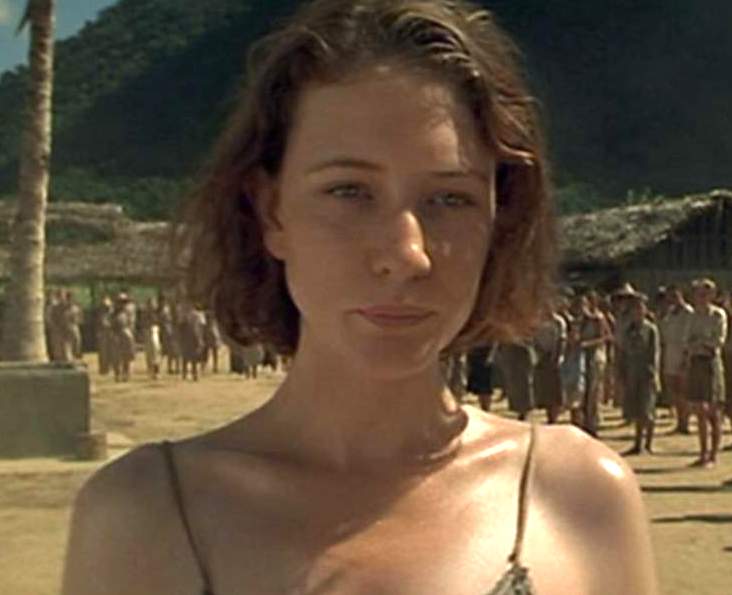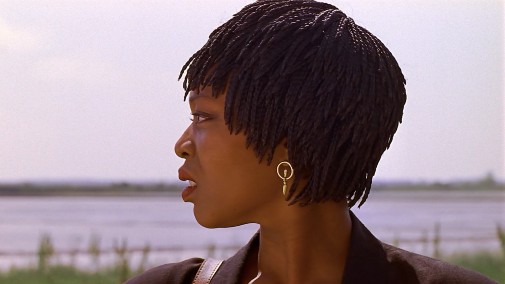Beauty Break: The work of Allen Daviau (1942-2020)
 Thursday, April 16, 2020 at 10:05PM
Thursday, April 16, 2020 at 10:05PM 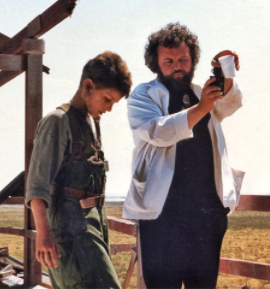 on the set of Empire of the Sun (1987) with Christian Baleby Nathaniel R
on the set of Empire of the Sun (1987) with Christian Baleby Nathaniel R
The film industry has lost another major talent to the coronavirus. Five time Oscar nominated cinematographer Allen Daviau has passed away at age 77 from complications from COVID-19. The acclaimed director of photography was born in New Orleans but grew up in Los Angeles so he was close to the movies before making them.
He met Steven Spielberg in the 1960s and worked with him before either of them had ever had a Hollywood gig on the short film Amblin' which Spielberg's production company was later named for. Though Daviau was never particularly prolific and retired from the cinema in 2004 he left behind beautiful pictures and was honored with a liftetime achievement award from the American Society of Cinematographers in 2007. Let's celebrate that fine eye after the jump with some of his work...




